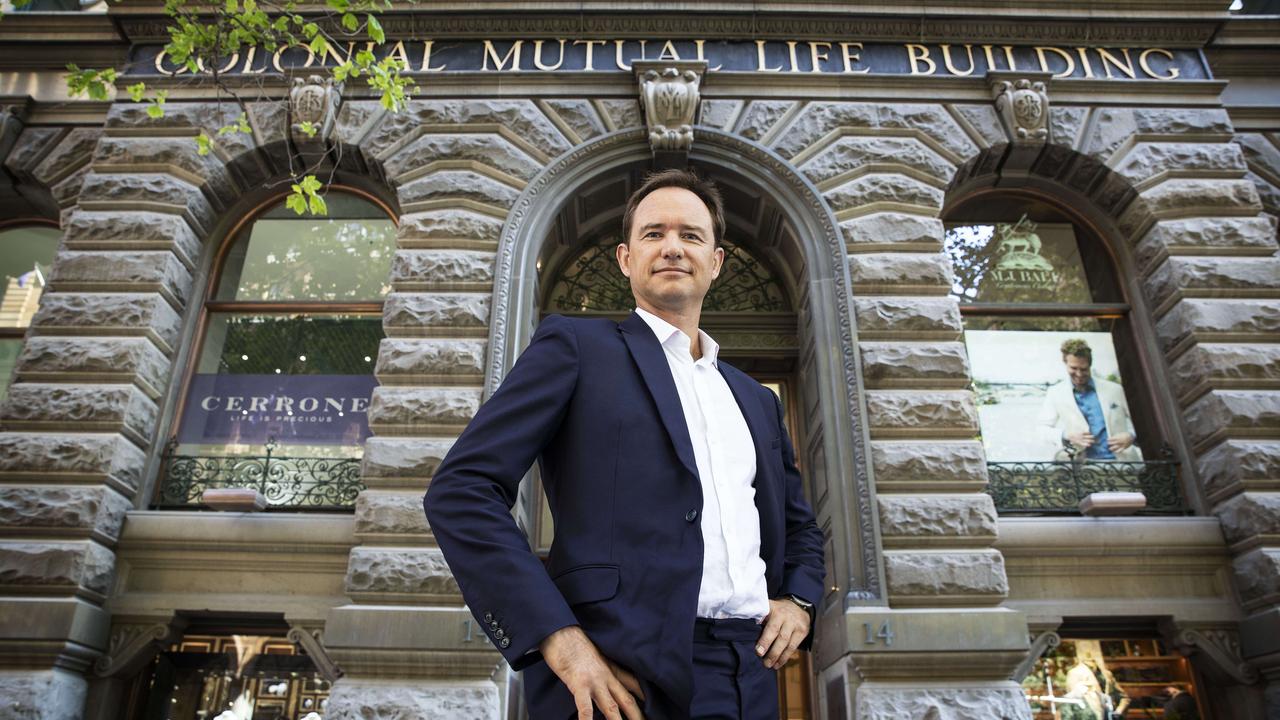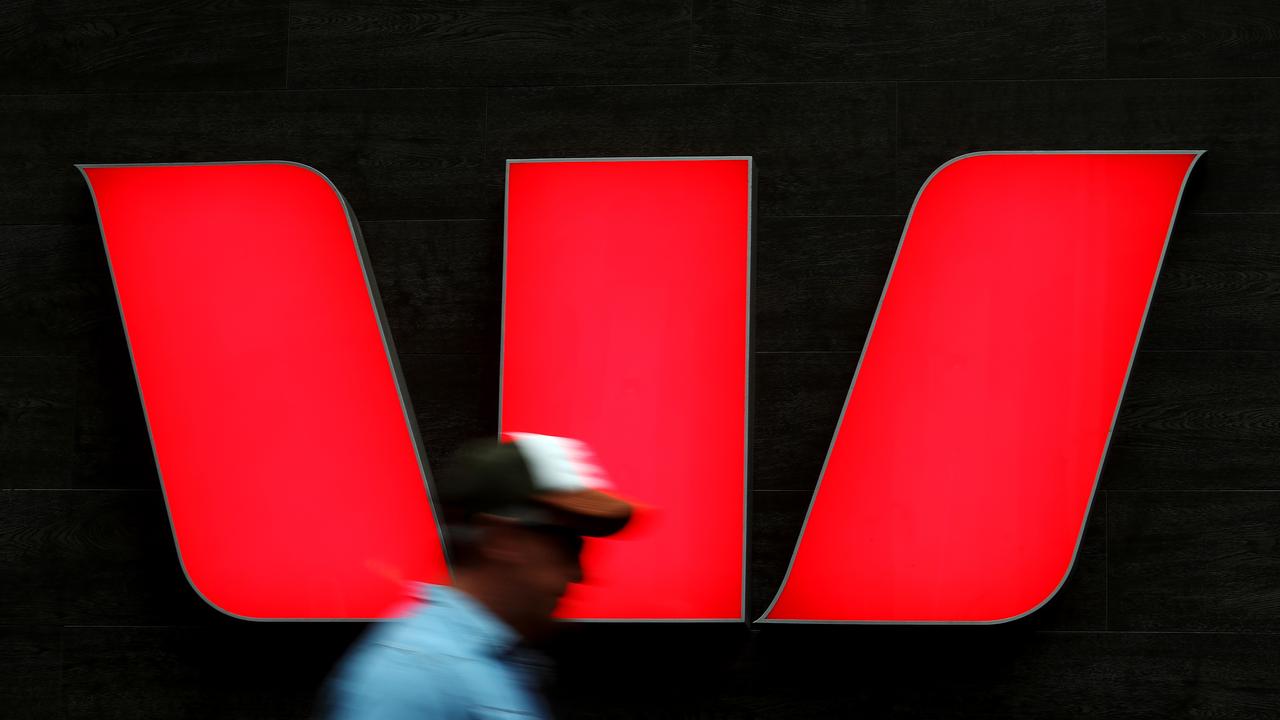Growing cash from contactless payments
Magellan thinks only a number of companies are positioned to benefit from the tectonic shift to contactless payments.

The proliferation of internet-connected smartphones is accelerating the switch from cash and cheques to cashless forms of payment, such as credit cards, debit cards, electronic funds transfer and mobile payments.
Over a decade and a half, the average number of cheques written by an Australian in a year has plummeted from 35 per person to six, while the percentage of consumer payments made in cash fell from 69 per cent in 2007 to 47 per cent in 2013.
The rapid migration of contactless card transactions to mobiles will enable adopters to discard their wallets as long as they have their handsets.
Magellan reckons there’s only a limited number of companies positioned to benefit from this tectonic shift, which is being driven by a mix of convenience and necessity as commerce increasingly goes online.
Visa, Mastercard and the e-commerce payments company PayPal — along with American Express — are privileged owners of a global payments network.
PayPal, in fact, is the only new, successful payments network since the launch of Mastercard in the 1960s, mainly because of the difficulty of getting simultaneous agreement by consumers and merchants.
These industry giants, which enjoy strong network effects, low capital requirements, high returns and significant barriers to entry, feature in the Magellan Global Fund’s $8 billion portfolio.
All up, the payments sector absorbs 11.3 per cent of the fund.
Magellan believes the switch to cashless is a trend that’s only in its infancy.
As deputy chief investment officer Dom Giuliano points out, cash still accounts for more than half of all transactions in many developed countries, or 90 per cent-plus in developing economies.
Competition is also increasing, with the tech giants keen to build their market presence.
Apple Pay, Samsung Pay and Android Pay are all offering mobile and app-payment platforms, and Microsoft and Facebook have similar plans.
“There’s a lot of debate about what’s being disrupted here,” Giuliano says.
“It’s actually the physical mechanism, not the payments ecosystem itself, because the likes of Apple Pay are really a technology overlay on the existing ecosystem.”
For an investor like Magellan, payments is easily the most attractive part of the banking value chain.
There are other niches under attack, such as lending through marketplace lending companies like SocietyOne, but Giuliano says success has been mixed.
Importantly, many of them, notably Lending Club in the US, are already experiencing stress, even though they’ve yet to experience a poor credit cycle.
Blockchain, meanwhile, has potential, but it was more likely to be used in private networks and was still in its relative infancy.
Giuliano does not see overwhelming gloom when he looks at the banking sector.
The US bank Wells Fargo is among the fund’s top-10 investments, and it also has a stake in Lloyds Banking Group in the UK.
While a big-four local bank is notably absent from the portfolio, Giuliano attributes this to a number of factors, including the turn in the credit cycle, high household debt, subdued revenue growth and rising capital requirements.
Richard Gluyas’ next Four Pillars column will appear in Thursday’s paper.



As a money manager laying bets on a new technological age potentially more disruptive than the Industrial Revolution, it’s no surprise that Hamish Douglass’s Magellan group has identified payments and the move to a cashless society as one of its key investment themes.